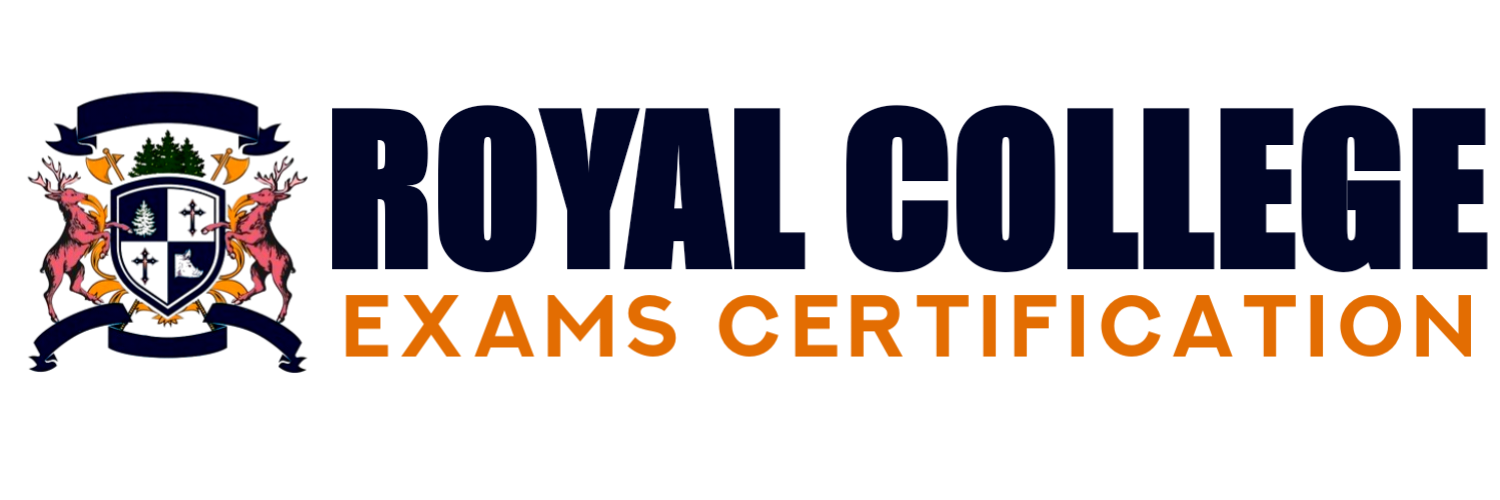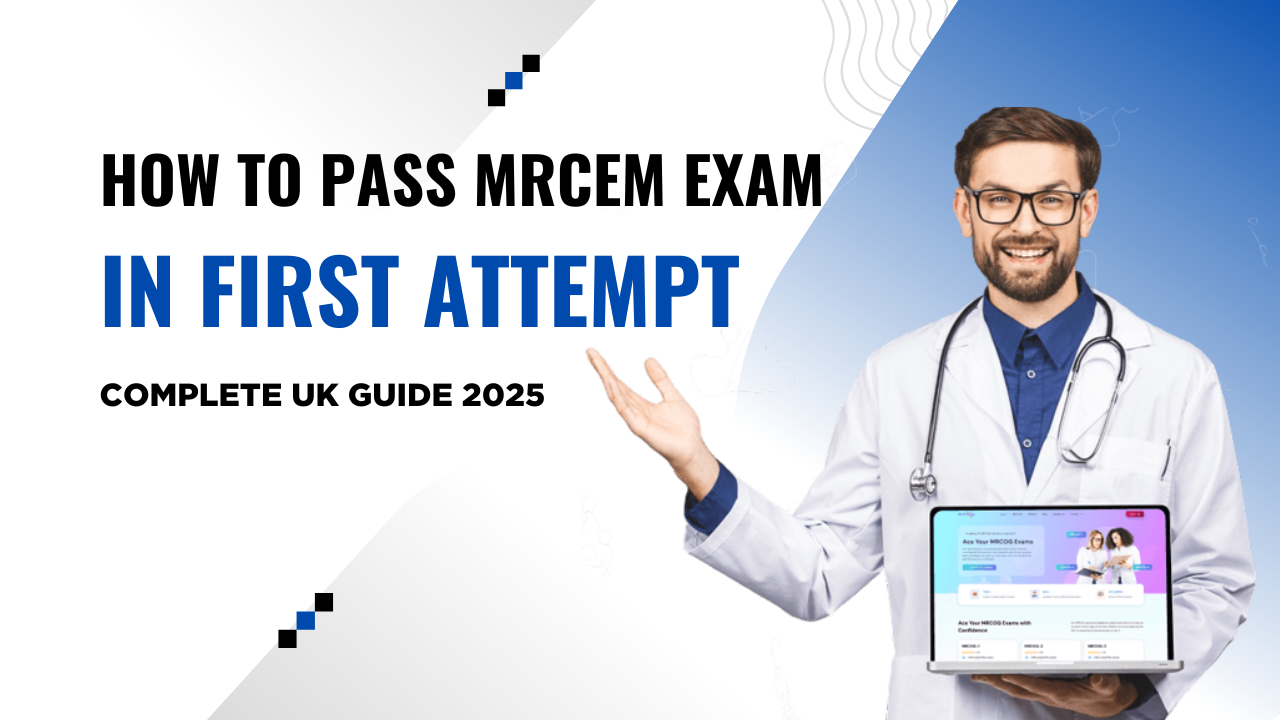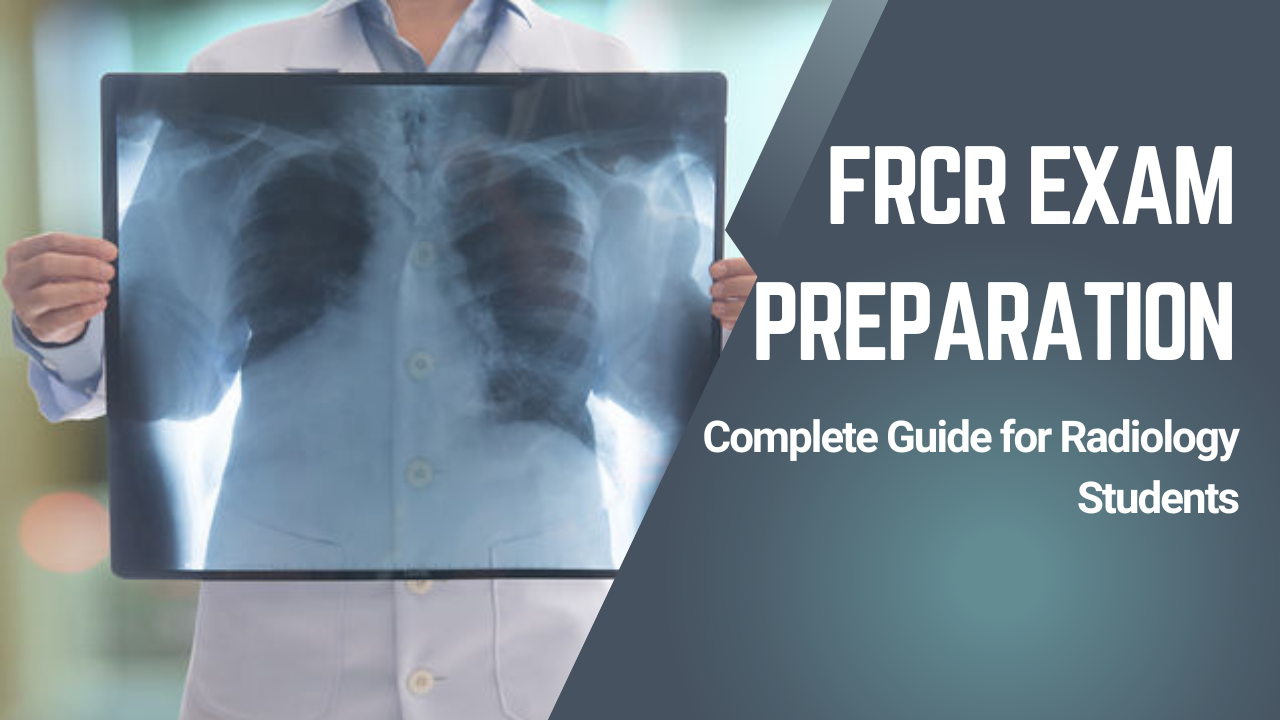The FRCOpth (Fellowship of the Royal College of Ophthalmologists) exam is one of the most prestigious qualifications for ophthalmologists aiming to practice in the UK or advance their careers internationally. Clearing FRCOpth Part 1 and Part 2 study plan is challenging, but with the right approach, resources, and dedication, success is achievable. In this guide, we’ll share a detailed FRCOpth study plan along with practical tips to help you prepare confidently.
Understanding the FRCOpth Exam
Before creating a study plan, it’s important to know the structure of the exam.
-
FRCOpth Part 1:
Focuses on basic sciences relevant to ophthalmology, including anatomy, physiology, optics, and pathology. The format usually includes MCQs (multiple-choice questions) and EMQs (extended matching questions).
-
FRCOpth Part 2:
Tests clinical knowledge and practical understanding of ophthalmology. It includes written exams, OSCE-style clinical stations, and structured viva. This stage requires not only book knowledge but also clinical judgment and patient management skills.
Tip: Check the official Royal College of Ophthalmologists website for the latest FRCOpth exam dates, fees, and eligibility requirements before planning your attempt.
Step-by-Step Study Plan for FRCOpth Part 1
-
Start Early
Begin your FRCOpth Part 1 preparation at least 4–6 months in advance. This gives enough time to revise all subjects thoroughly.
-
Use Standard Books
- Clinical Anatomy of the Eye by Snell & Lemp
- Basic Sciences in Ophthalmology by Ashok Garg
- Clinical Optics by Elkington & Frank
These are considered essential resources for FRCOpth Part 1 study material.
-
Focus on Core Topics
Pay special attention to optics, anatomy, physiology, and pathology. These areas often carry significant weight in the exam.
-
Practice Question Banks
Enroll in a reliable FRCOpth question bank. Practicing past papers and mock tests helps familiarize you with the exam format and improves time management.
-
Make Notes
Summarize difficult concepts into concise notes. This helps during the final revision stage.
Step-by-Step Study Plan for FRCOpth Part 2
-
Understand the Clinical Format
The Part 2 exam includes written tests, structured viva, and OSCE-style clinical stations. Practice answering confidently and concisely.
-
Best Resources for FRCOpth Part 2
- Kanski’s Clinical Ophthalmology – Gold standard for clinical knowledge.
- FRCOpth Part 2 Past Papers – Crucial for exam-style practice.
- Online courses and revision courses offered by reputable institutions.
-
Daily Practice
Discuss clinical scenarios with peers or mentors. Work on short case presentations and viva practice regularly.
-
Mock Exams
Take part in timed mock exams to simulate the pressure of the real test. This builds confidence and reduces anxiety on exam day.
-
Clinical Skills
Revise examination techniques—slit lamp exam, fundoscopy, and clinical case management. Your practical confidence matters as much as your theory.
General Tips for Success in FRCOpth Exams
- Follow a Schedule: Break down your syllabus into weekly targets and stick to them.
- Balance Study & Rest: Avoid burnout by scheduling breaks, exercise, and sleep.
- Join Study Groups: Discussing with peers helps reinforce concepts and clarifies doubts.
- Stay Updated: Use the latest editions of books and check for updates in clinical guidelines.
- Stay Positive: The FRCOpth exam is tough, but consistency is the key to passing.
Useful Resources for FRCOpth Preparation
- Online FRCOpth courses offered by international training institutes.
- Paid FRCOpth question banks with past exam patterns.
- YouTube lectures and podcasts focused on ophthalmology basics.
- Royal College of Ophthalmologists website for official updates.
Conclusion
Passing FRCOpth Part 1 and Part 2 study plan requires discipline, planning, and the right study resources. By focusing on core subjects, practicing past papers, and developing strong clinical skills, you can maximize your chances of success. Remember, the FRCOpth qualification is not just an exam—it’s a milestone that opens doors to advanced training, better career opportunities, and global recognition in ophthalmology.
With a structured FRCOpth Part 1 and Part 2 study plan, dedication, and consistent practice, you can confidently achieve your goal and earn the fellowship.






